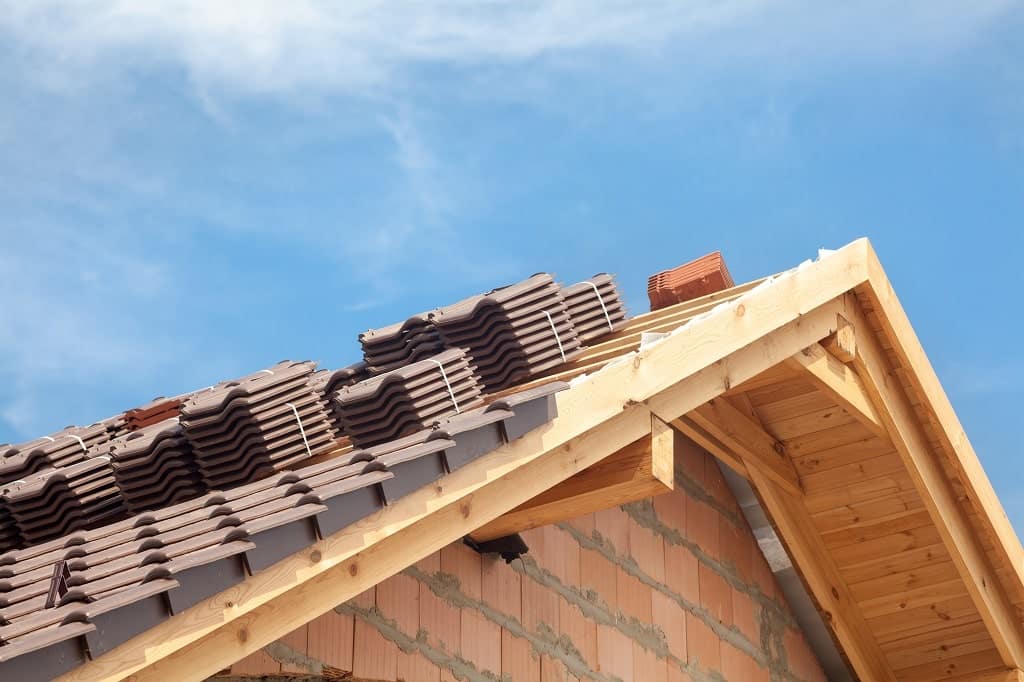


The roof of your home is one of its most vital components, providing protection against the elements and enhancing the overall aesthetics of your property (it doesn’t get the credit it deserves!). When it comes to selecting the right roofing material for your roof replacement or roof repair in South Florida, there are several factors to consider. From durability and cost to climate suitability and maintenance requirements, making an informed decision is crucial. Here are some key things to know before choosing the right roofing material for your American home.
Climate Considerations: The climate in your region plays a significant role in determining the ideal roofing material – the best roofing material for Florida will differ from the best material for Minnesota. Areas with heavy rainfall or frequent storms may require materials that are highly water-resistant, such as asphalt shingles (or a presidential roofing material) or metal roofs. On the other hand, in regions with hot and dry climates, materials with superior heat resistance, like clay tiles or concrete roofs, may be more suitable.
Durability and Longevity: Roofing materials vary in terms of their durability and lifespan. While asphalt shingles are a popular choice due to their affordability, they generally have a shorter lifespan compared to metal roofs, clay tiles, or slate. Consider the longevity of the material in relation to your long-term plans for the house and factor in any environmental or weather-related considerations.
Maintenance Requirements: Different roofing materials have varying maintenance needs. Some materials may require regular inspections, cleaning, or periodic treatments to maintain their integrity. For example, wood shakes or shingles may need more frequent maintenance to prevent rot or insect damage, while metal roofs typically require minimal upkeep. Be sure to assess the level of maintenance you are willing to undertake before finalizing your choice.
Energy Efficiency: With the increasing focus on sustainability and energy efficiency, it’s worth considering how your roofing material can contribute to these goals. Certain materials, like metal roofs or cool roofs, are designed to reflect sunlight and reduce heat absorption, resulting in lower cooling costs. Additionally, some materials are compatible with solar panel installations, allowing you to harness renewable energy and potentially offset your energy consumption.
Aesthetics and Home Style: The appearance of your roof significantly impacts the overall look and curb appeal of your home. Consider the architectural style of your house and select a roofing material that complements it. Asphalt shingles are versatile and suit a wide range of home styles, while clay tiles or slate provide a more traditional or upscale aesthetic. Explore different options and consult with roofing professionals to find the perfect match.
Local Building Codes: Before finalizing your roofing material choice, familiarize yourself with the local building codes and any regulations specific to your area (or at least partner with experts in the know!). Some neighborhoods or homeowners’ associations may have restrictions on certain roofing materials or colors to maintain a consistent look. Ensure that your preferred material aligns with the regulations and requirements of your locality.
Cost and Budget: Finally, your budget is a crucial factor in selecting the right roofing material for your home. Understand the upfront costs, installation expenses, and potential long-term savings or maintenance costs associated with different materials. While certain options may have a higher initial investment, they may provide greater durability and reduce the need for frequent repairs or replacements.
Choosing the right roofing material is a significant decision that impacts the long-term protection, appearance, and value of your home. By considering factors such as climate suitability, durability, maintenance requirements, and energy efficiency, you can make an informed choice that meets your needs and preferences. Consult with roofing professionals to gain expert advice tailored to your specific circumstances – for example, you may need to know the best roofing material for a curved roof. Investing time and effort in selecting the right roofing material will ensure a durable, attractive, and functional roof for your home.